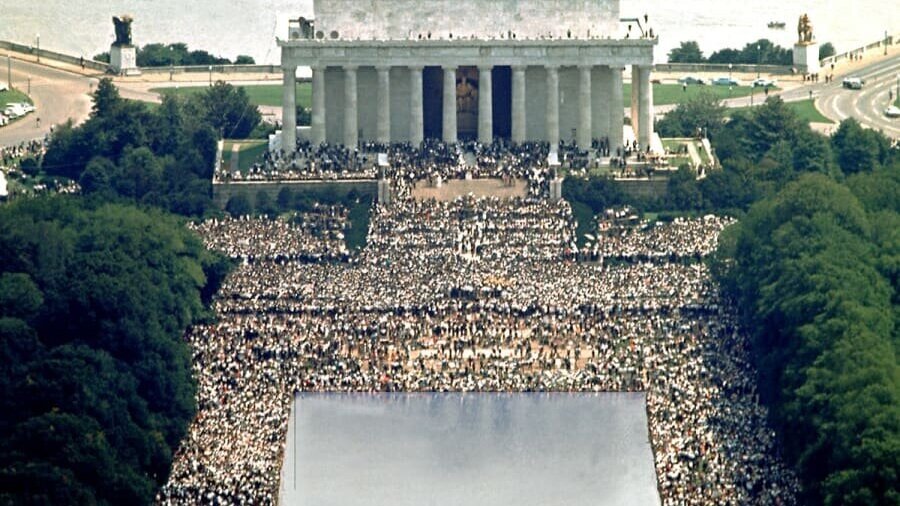
Athletes Respond to Injustice
The sports world came to a screeching halt last Wednesday as athletes around the country united against racial injustice and police brutality in the wake of the police shooting of Jacob Blake. Girl Friday will be covering athletes’ continued responses to racism, injustice, and police brutality. Stay tuned!

Protect the Right to Vote
On this day in 1963, approximately 250,000 people gathered in Washington D.C. for the March on Washington. From the steps of the Lincoln Memorial, they were introduced to a fiery young activist from Alabama named John Lewis and witnessed Martin Luther King Jr.'s iconic "I Have a Dream" speech. Our Civil Rights heroes' relentless pursuit of freedom and equality paved the way for the Civil Rights Act of 1964 and the Voting Rights Act of 1965. But now, our right to vote is once again under threat.

A World Without Landmines
Today is April 4th, the Day for Mine Assistance and Awareness. I learned about landmines because of Princess Diana's iconic 1997 HALO Trust trip to Angola. Mine clearance organizations have worked tirelessly, but Landmine Free 2025 states that "more than 60 million people live in fear of being injured or killed by landmines." On top of that startling statistic, the U.S. government, a champion for landmine clearance since 1993, unfortunately changed their landmine policy in 2020.

Introducing HRH
When I was young, I became interested in human rights and humanitarian affairs because of Princess Diana’s work with The HALO Trust, highlighting the perils of landmines around the world. Today, I see young people just as excited about Meghan, the Duchess of Sussex, as I was about Princess Diana. And, honestly, I feel like I’m 8 years old again - I’m excited, too!

Introducing After Six
When thinking of the many women in science and conservation that I admire, I immediately thought of 2004 Nobel Peace Prize awardee Wangari Maathai, the founder of the Greenbelt Movement in Kenya. She understood that environmental protection and wildlife conservation do not exist in isolation and are connected to gender equality, human rights, and democracy. She once said, “If you destroy the forest then the river will stop flowing, the rains will become irregular, the crops will fail and you will die of hunger and starvation.”

Introducing 7053
On December 1, 1955, Rosa Parks was arrested for civil disobedience. She rightly refused to give up her seat on a public bus for a white passenger. That moment is etched in history as it was the start of the Montgomery Bus Boycott. The boycott ended after 13 months, when the Supreme Court ruled that segregation on public buses is unconstitutional.
